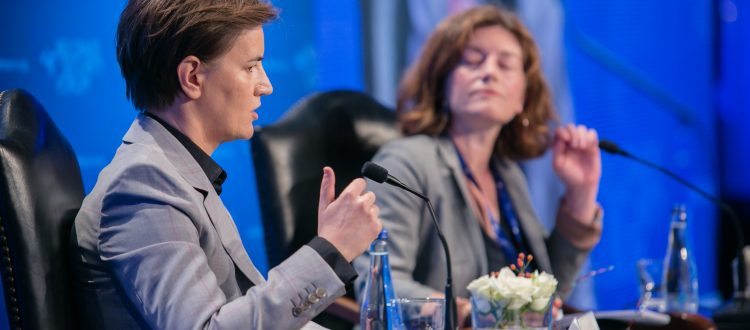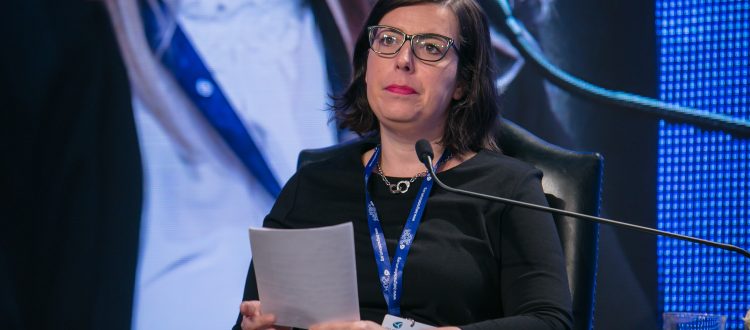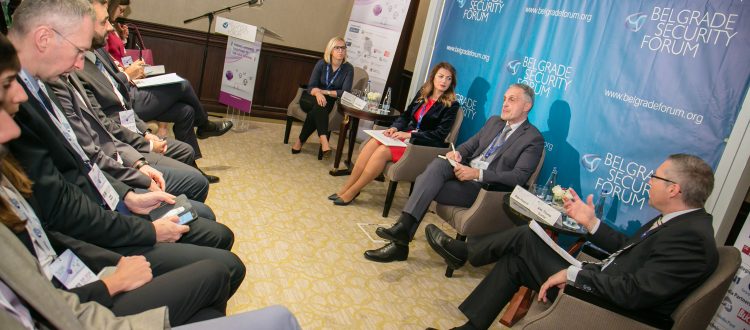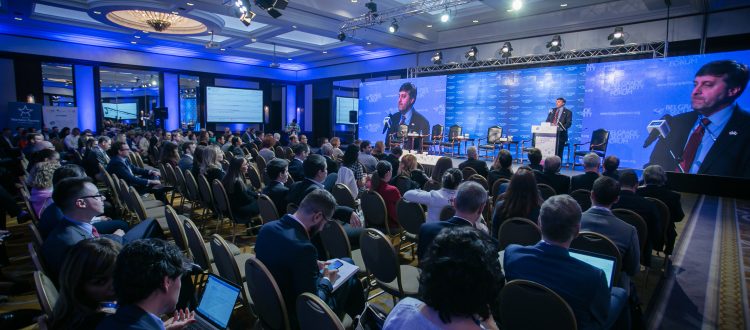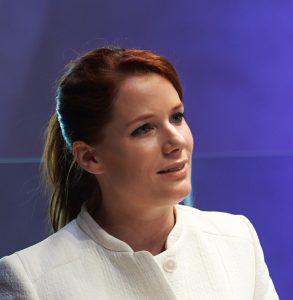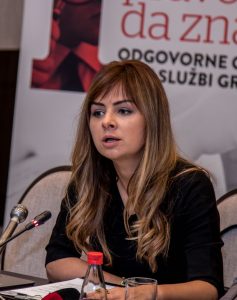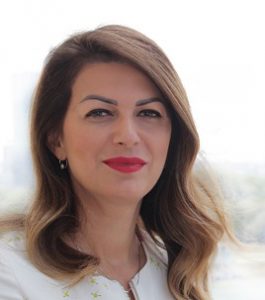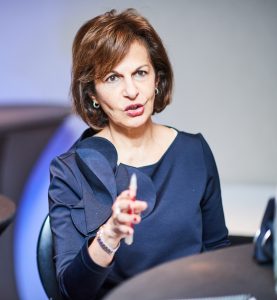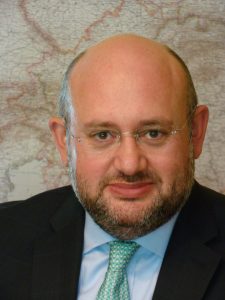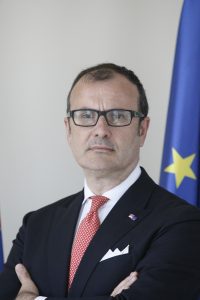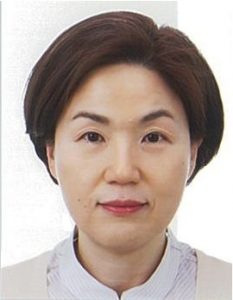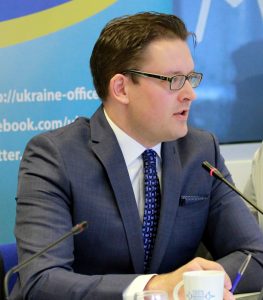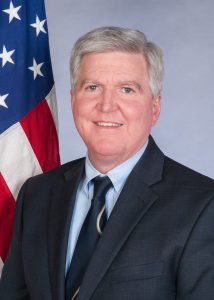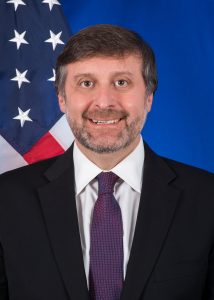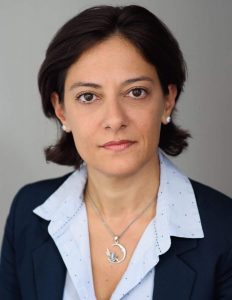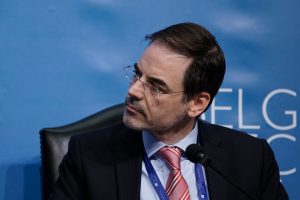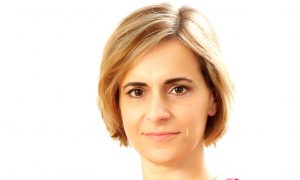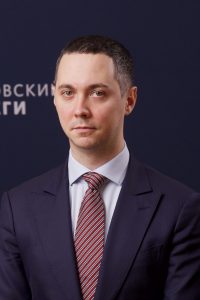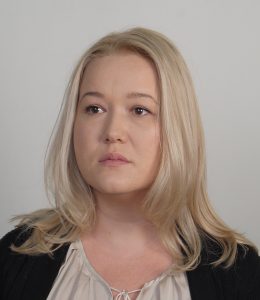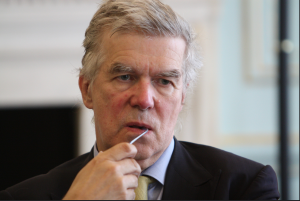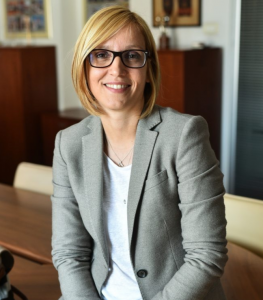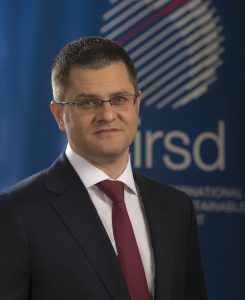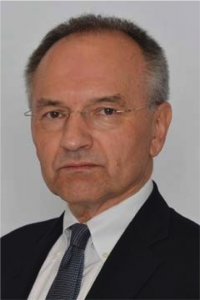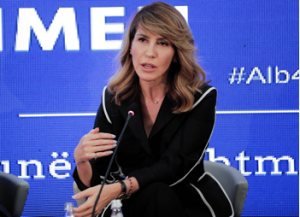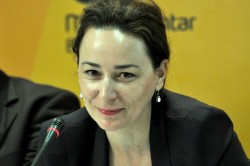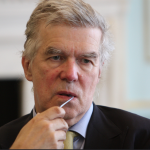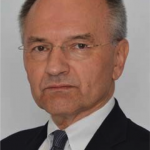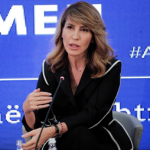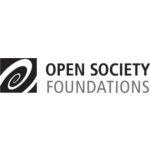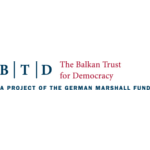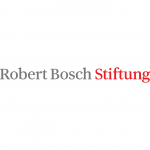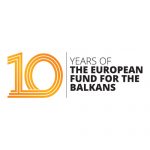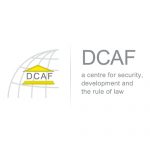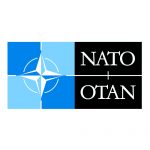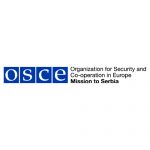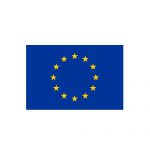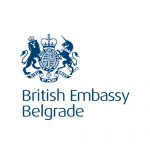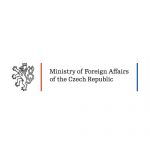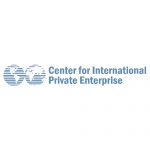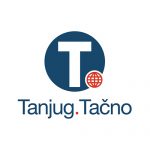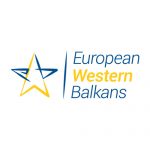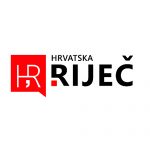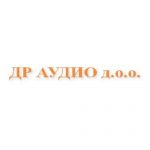BSF 2018
Finding Answers Together to the New Normal
Continuing uncertainty and unpredictability is no longer a form of crisis; unpredictability has become “new normal” in international relations. Actors no longer feel committed to the rules and institutions of the post-Cold War period. This new balance can be observed in the phenomena and effects of first artificial intelligences as well as acceleration and greater automation of labor and the global economy overall. Powerful, growing economies of the Middle and the Far East mark the 21st Century as the ascending “Asian Century.”
In this new world, Europe and transatlantic relations are confronted with increasing pressure of populism that, along with nationalism, strikes at the foundations of the European project and relations formed after the fall of the Berlin Wall. In this new order, institutions must be re-designed in order to better understand and overcome challenges that threaten to collapse them.
The Balkans is at a turning point in 2018 – the new EU Enlargement Strategy has created a sense of urgency among regional leaders, primarily reflected in need to find solutions for old disputes. This year, from October 17 to 19, the Belgrade Security Forum will deal with the question – where are we in this state of “new normal”? Where do we go? How do we make progress for everyone in an unpredictable future?
This year’s Forum will traditionally start with the Academic Event, titled “How conflict sensitive is the EU crisis response”, which will gather young researchers.
BSF 2018 News
Politics, Education, Media to Lead to Reconciliation
Digital Transformation through Private-Public Cooperation
Dialogue and Cooperation for Building Momentum in the Balkans
Speakers
Marika Djolai
Peace, Conflict and Development Consultant, The Balkans in Europe Policy Advisory GroupFlorence Gaub
Deputy Director, European Union Institute for Security Studies (EUISS)Ilir Deda
Member, Parliament of KosovoDaliborka Uljarević
Executive Director, Centre for Civic Education, MontenegroAdnan Ćerimagić
Analyst, European Stability Initiative (ESI)Vladimir Međak
Vice-President, European Movement in SerbiaDaniel Levy
President, U.S./Middle East ProjectModerator: Tijana Rečević
Junior Researcher and PhD candidate at the University of Belgrade Faculty of Political SciencesRoger Mac Ginty
Professor, School of Government and International Affairs at Durham UniversityClarissa Duvigneau
Senior Policy Advisor, Strategic Analysis Capability for SG and Chairman of Military Committee, NATOEnver Ferhatović
Research Fellow at the Center for Transnational Studies, Foreign and Security Policy (ATASP)Moderator: Marko Savković
Program Director, Belgrade Fund for Political Excellence and Belgrade Security ForumLeonard Benardo
Vice President, Open Society FoundationsTatjana Matić
State Secretary of the Ministry of Trade, Tourism and Telecommunications, of the Republic of SerbiaEmanuela Claudia Del Re
Vice-Minister of Foreign Affairs and International CooperationDani Sandu
Researcher, Social and Political Sciences Department, European University Institute, ItalyModerator: Srđan Majstorović
Chairman of the CEP Governing Board, European Policy CentreSabine Stöhr
Head of Department for SEE, Federal Ministry for Foreign Affairs; Federal Republic of GermanyShada Islam
Director Europe and Geopolitics, Friends of EuropeMorten Bøås
Research Professor at the Norwegian Institute of International Affairs (NUPI)Moderator: Hakim Khatib
Editor in Chief, Mashreq Politics & Culture JournalAnna Diamantopoulou
President, DIKTIO- Network for Reforms in Greece and EuropePiers Cazalet
Head of Press and Media and Deputy Spokesperson, NATO HeadquartersModerator: Lazar Džamić
Xoogler, lecturer and writerValbona Zeneli
Professor, George C. Marshall Center for Security StudiesRachel Kerr
Reader in International Relations and Contemporary War, King’s College, LondonIrena Mnatsakanyan
PhD student in Political Science at Sapienza University of RomeJelena Vasiljević
Research Associate, Institute for Philosophy and Social Theory, University of BelgradeHedvig Morvai
Executive Director, European Fund for The BalkansModerator: Alex Roinishvili Grigorev
President, Council for Inclusive GovernanceKeynote: H.E. Sem Fabrizi
Ambassador and Head of Delegation of the European Union to the Republic of SerbiaIva Vukušić
PhD Candidate, University of UtrechtAgon Maliqi
Policy Analyst, Co-founding editor of Sbunker.netModerator: Natalie Nougayrède
Columnist, The GuardianNadiia Koval
Head of the Centre for International Studies, Diplomatic Academy of UkraineDiscussant: Rok Zupančič
Assistant Professor at the University of Ljubljana, Faculty of Social SciencesModerator: Ivan Zverzhanovski
Regional Partnerships Advisor, UNDPMarko Đurić
Director, Office for Kosovo and Metohija, Government of SerbiaMichael Young
Senior Editor, Carnegie Middle East Center, BeirutAmb.Andrea Orizio
Head of the OSCE Mission to SerbiaGiorgos Triantafyllou
Research Fellow, South-East Europe Programme of the Hellenic Foundation for European and Foreign Policy (ELIAMEP)Seonjou Kang
Associate Professor, Korean National Diplomatic AcademyModerator: Pavol Demeš
Transatlantic Fellow, German Marshall Fund of the United StatesModerator: Zoran Nechev
Head of Center for EU integration, Institute for Democracy Societas Civilis, SkopjeSimonida Kacarska
Director and Cofounder, European Policy Institute, SkopjeJens Bastian
Economic Consultant and Financial Sector AnalystModerator: Vedran Džihić
Senior Researcher at Austrian Institute for International Affairs and Senior Lecturer at the Institute for Political Sciences, University of ViennaSarah Chayes
Author of "Thieves of State: Why Corruption Threatens Global Security"H.E. Alexander Van der Bellen
President of AustriaNiklas Nováky
Research Officer, Wilfried Martens Centre for European StudiesH.E. Kyle Scott
Ambassador of the United States to the Republic of SerbiaMatthew Palmer
Special Representative for the Western Balkans and Deputy Assistant Secretary, USyAna Trišić Babić
Advisor to President of Republic of Srpska, Bosnia and HerzegovinaChiara Loschi
Postdoc Researcher, Institute for European Integration Research (EIF), University of Vienna, AustriaKateryna Kruk
Communications Specialist and Political ScientistModerator: Karolina Leaković
Vice-President, Party of European Socialists WomenOana Popescu
Director, Global Focus Center, BucharestPernille Rieker
Research Professor, Norwegian Institute of International Affairs (NUPI)James Gow
Professor and Co-Director of the War Crimes Research Group, King’s College, LondonJozef Bátora
Professor at the Department of Political Science, Comenius University in Bratislava and at IR Department, Webster Vienna Private UniversityModerator: Gordana Delić
Director, Balkan Trust for Democracy, a project of the German Marshall Fund of United StatesModerator: Nikolaos Tzifakis
Research Associate, Wilfried Martens CentrePavel Luzin
Columnist, Riddle media; Contributing Analyst, Russia and Middle East Desk of Wikistrat, Inc.Ana Marjanović Rudan
Expert associate, Politikon Network and Policy consultant, Praxis DevelopmentAlexander Gabuev
Senior Fellow, Chair of the Russia in the Asia-Pacific Program, CarnegieDennis Gratz
Head of the Main Board, Our Party, Bosnia and HerzegovinaJelena Petrović
Research Associate, King’s College, LondonRobert Cooper
ECFR Council Member, Visiting Professor at LSE IDEAS and Senior Fellow of the Dahrendorf ForumModerator and Discussant: Jelena Radoman
PhD candidate at the Faculty of Political Sciences, University of BelgradeGuillaume Klossa
Emeritus président EuropaNova, président Civico EUROPAH.E. Aleksandar Vučić
President of the Republic of SerbiaNataša Sekulić
Country Leader, IBM Serbia, Montenegro, Macedonia and AlbaniaVuk Jeremić
President, Center for International Relations and Sustainable Development (CIRSD)Andrew Michta
Dean, College of International and Security Studies at the George C. Marshall European Center for Security StudiesModerator: Amb.Thomas Guerber
Ambassador, Director DCAFModerator: Janka Oertel
Transatlantic Fellow, Asia Program, German Marshall Fund, BerlinStefan Lehne
Visiting Scholar, Carnegie Europe, BrusselsH.E. Ana Brnabić
Prime Minister, Republic of SerbiaDejan Abazović
State Secretary, Ministry of Public Administration, MontenegroGerard Owens
Coordinator in International Cooperation, including ICT and “Patents and Standards”, European Patent Office, MunichLeanne Cross
Representative for Greece, Bulgaria and Serbia, Crown Prosecution ServiceUlrich Kühn
Nonresident Scholar, Carnegie Endowment for International Peace; Senior Research Associate, Vienna Center for Disarmament and Non-Proliferation (VCDNP)Majlinda Bregu
Former Minister of European Integration, AlbaniaFlorian Bieber
Professor of Southeast European Studies, University of GratzDavid Konecký
Assistant Deputy Minister of Foreign Affairs, Foreign Policy Director MFA of the Czech RepublicModerator: Nemanja Rujević
Journalist, Deutsche WelleHarsh Pant
Distinguished Fellow and Director of Research, Observer Research Foundation, New DelhiNaim Rashiti
Executive Director, Balkans Policy Research GroupVsevolod Samokhvalov
Adjunct Professor, Vesalius College/Vrje, University of BrusselsTatjana Macura
Member of Parliament, Serbian National Assembly, SerbiaDenisa Kostovicova
, Associate Professor of Global Politics at the European Institute and the Department of Government at the London School of Economics and Political ScienceNataliya Shylo
Project Coordinator, The Centre of Public Initiatives “Ideas For Change”, UkraineMark Fitzpatrick
Executive Director, International Institute for Strategic Studies (IISS Americas)H.E. Thomas Schieb
Ambassador of the Federal Republic of Germany to the Republic of SerbiaGordana Čomić
Deputy Speaker, Parliament of SerbiaModerator: Boris Divjak
Chair, Advisory Council of Transparency International, BIHSteven Blockmans
Head of EU Foreign Policy at the Centre for European Policy Studies (CEPS)Katarina Đokić
Researcher, Belgrade Centre for Security PolicyAlida Vračić
Director, Populari, SarajevoDiscussant: Engjellushe Morina
Project Manager, Berghof FoundationVictor Krasilshchikov
senior researcher at the Polish Institute of Advanced Studies, WarsawMateja Peter
Lecturer at St. Andrews University, Norwegian Institute of International Affairs (NUPI)Seokwoo Kim
Professor, University of Seul; President, Korean Association of International StudiesGazela Pudar Draško
Research Associate, Institute for Philosophy and Social Theory, University of BelgradeAmb. István Gyarmati
President, International Centre for Democratic Transition, Budapest

